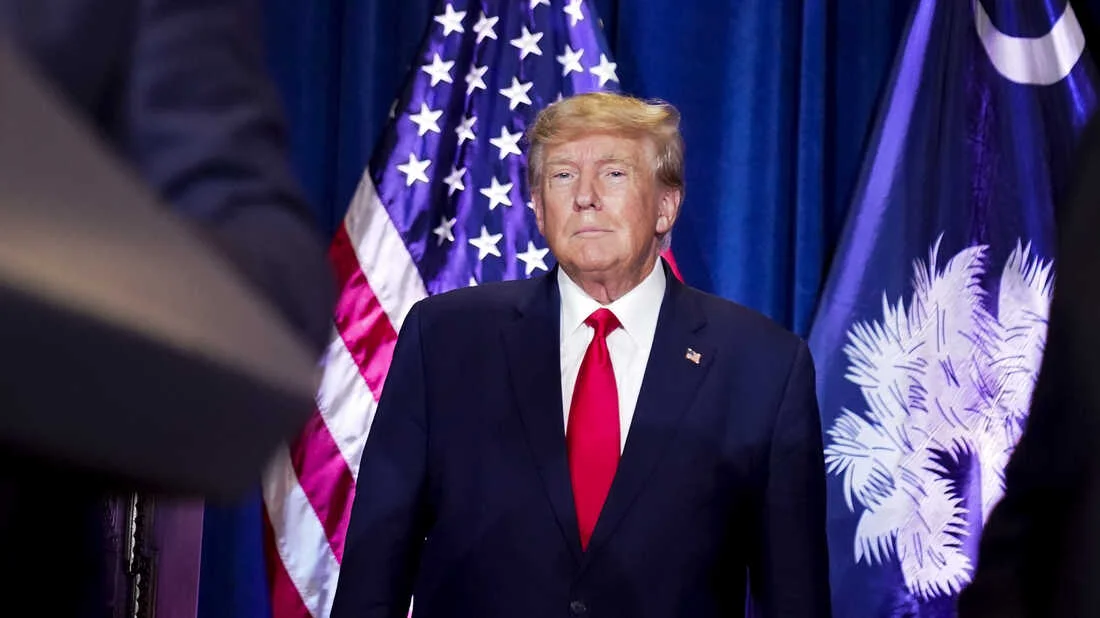Former US President Donald Trump finds himself indicted for the fourth time—a historic occurrence that marks him as the first-ever US president to face criminal charges. The indictment centers on allegations of his involvement in election interference in Georgia and his alleged efforts to manipulate election results, despite his loss to incumbent Democrat President Joe Biden in the 2020 election.
The charges leveled against Trump are wide-ranging and encompass a variety of offenses, including making false statements, soliciting state officials, disseminating fabricated electoral college documents, intimidating poll workers, soliciting help from Justice Department officials and then-Vice President Mike Pence, tampering with election equipment, and engaging in obstructive actions.
The indictment posits that these alleged actions were part of a coordinated conspiracy that spanned not only Georgia but also other states, emphasizing a common plan and purpose.
Alongside the individuals directly charged, the indictment identifies 30 unindicted co-conspirators who are said to have participated in the purported scheme.
While the legal implications are substantial, questions arise regarding Trump’s eligibility to seek and potentially serve as president if he secures reelection in 2024. Experts, such as election law specialist Richard L Hasen from the University of California Los Angeles, stress that presidential candidacy hinges on minimal constitutional requirements, notably the candidate being at least 35 years old. Being indicted or convicted does not inherently disqualify someone from pursuing the presidency.
However, the scenario becomes increasingly intricate if a president faces criminal charges while holding office or even during a potential prison sentence. The notion of a president serving from prison remains uncharted legal territory.
With respect to the possibility of Trump pardoning himself, legal experts offer varying opinions. While it’s conceivable, the matter might necessitate intervention from the Supreme Court to provide clarity on the subject.
Following the indictment, Special Counsel Smith has expressed a desire for an expedited trial. If Trump reclaims the presidency prior to a conviction, he could conceivably dismiss the case—an aspect of executive power that raises crucial legal questions.
Amid the legal tumult, Trump’s defense attorney, John Lauro, underscores the importance of due process and Trump’s entitlement to it. The duration of a potential trial remains uncertain, with estimates ranging from nine months to a year.
As Trump’s voting rights hang in the balance, a felony conviction at the federal level or in New York would presumably temporarily strip him of his voting privileges until any ensuing sentence is served. The intricate legal landscape continues to captivate legal scholars and the public, posing intriguing questions about the interplay between politics, law, and the presidency.




